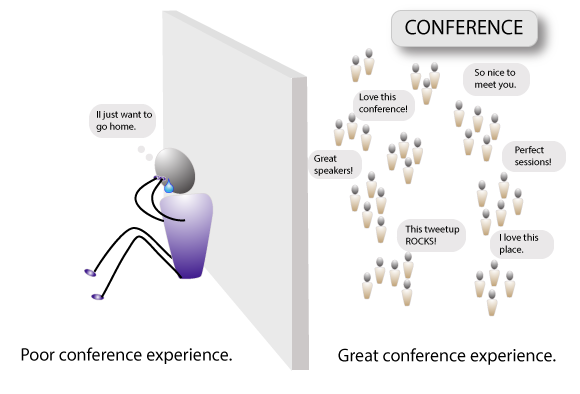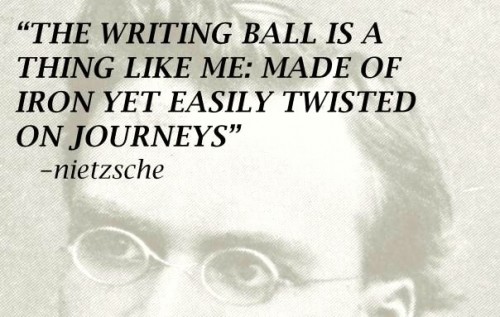Hipsters have been much discussed on the Cyborgology blog (see: here, here, here, and here). Cyborgology authors have also talked about the fetishization of low-tech/analog media and devices (see: here and here). As David Paul Strohecker pointed out, these two issue interrelated: “hipsters are at the forefront of movements of nostalgic revivalism.” I want to pick up these threads and add a small observation.
Nathan Jurgenson and I were discussing why low-tech devices have a seductive quality. Consider the popularity of, for example, fixed-gear bicycles or vintage cameras (such as the Kodak Brownie or the Polaroid PX-70 [correction: SX-70]). Though I think this phenomenon is probably overdetermined (in the Freudian sense of having multiple sufficient causes), I came up with a theory that seems worth further consideration: namely, that hipsters’ obsession with antique devices reflects a desire to escape the complex and highly-interdependent socio-technical systems that characterize contemporary society and return to time in which technology appeared to be something that humans could master and, thus, use to affirm their individual agency. In short, the fetishization of low-tech is about the illusion of agency; it provides affirmation for the hipster whose identity is defined by the post-Modern imperative to be an individual, to be unique.



